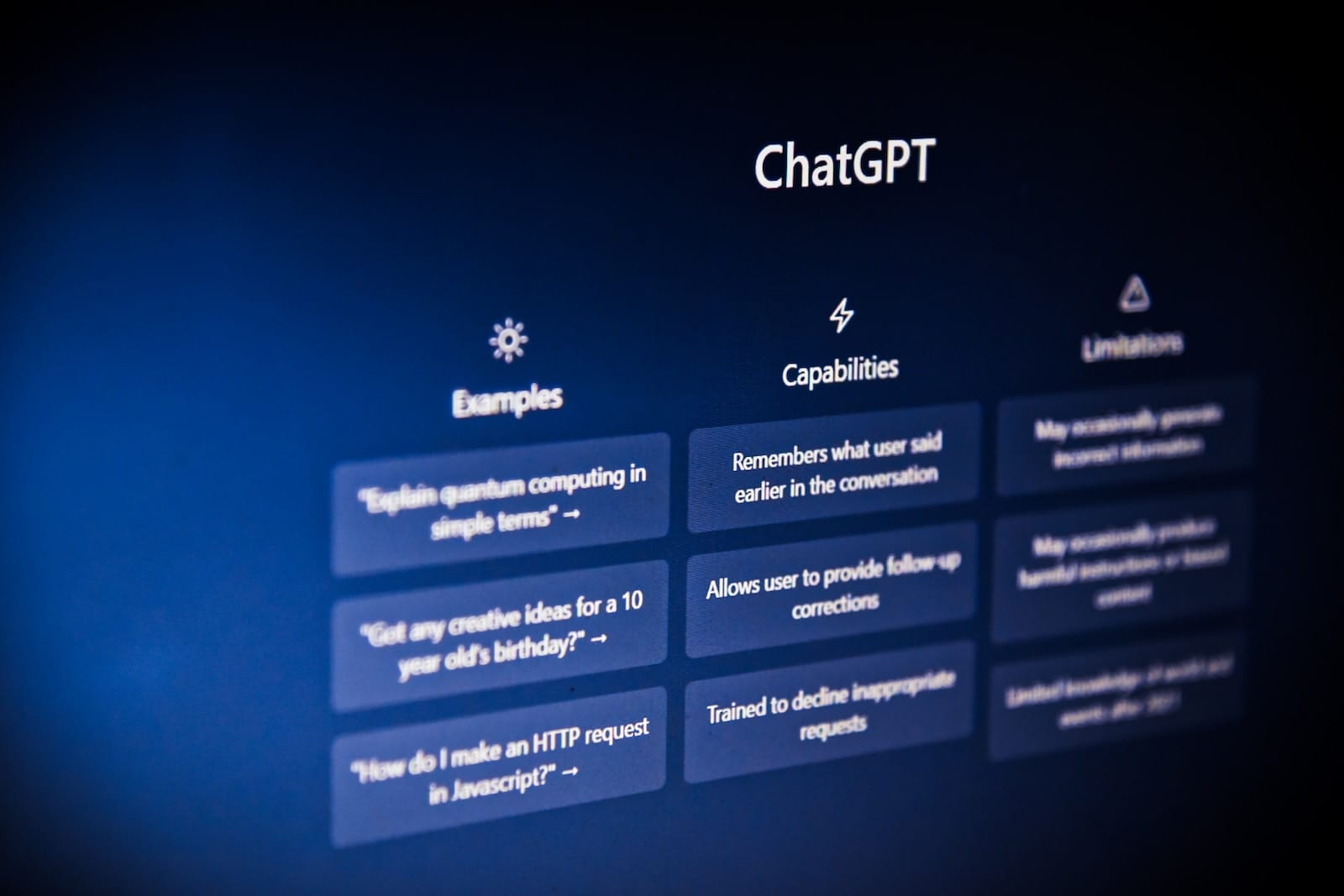OpenAI, Microsoft sued by New York Times for copyright infringement
The case joins a series of legal actions against AI firms like Meta Platforms and Stability AI, similarly accused of copyright infringements by various creators.

The New York Times launches a legal challenge against tech giants OpenAI and Microsoft, alleging the unauthorised use of its journalistic content for the development of advanced artificial intelligence technologies. The lawsuit, filed in Manhattan Federal Court , accuses both companies of utilising “millions of articles” from the Times’s extensive archive without consent, potentially resulting in billions of dollars in damages.
The core of the lawsuit revolves around the accusation that OpenAI and Microsoft have been training their AI technologies using content from The New York Times without proper authorization. This marks a significant escalation in the ongoing debate over copyright issues in the AI industry, as it’s the first time a major U.S. media organization has taken such a direct legal stance against these tech giants.
The complaint highlights the alleged creation of substitutive products by the defendants using the Times’s copyrighted material. This activity, according to the lawsuit, harms the newspaper’s audience reach and revenue streams. While the exact amount of damages sought remains unspecified, the Times estimates the infringement to have caused losses in the billions.
We do news. We don’t do cookies.
Our website does not collect, store, or share any user data. If you enjoy our content and value your privacy, consider supporting us.
OpenAI, responded to the lawsuit with a mix of surprise and disappointment. The company referenced ongoing discussions with The New York Times, which they described as productive, expressing regret that these conversations did not prevent legal action.
Widening Legal Challenges for AI Industry
This lawsuit is not an isolated incident but part of a broader legal challenge facing companies that use generative AI. Other tech firms, including Meta Platforms and Stability AI, have faced similar accusations from writers, visual artists, and coders.
OpenAI’s defence in previous legal battles has centred on the argument that using copyrighted materials to train AI systems constitutes fair use. However, this stance has been increasingly scrutinized and challenged, as seen in a separate class-action lawsuit involving 17 U.S. authors, including prominent names like George R.R. Martin and John Grisham. These authors allege that OpenAI’s programs, including ChatGPT, amount to “systematic theft on a mass scale.”